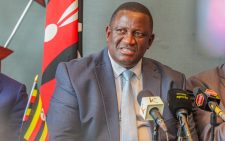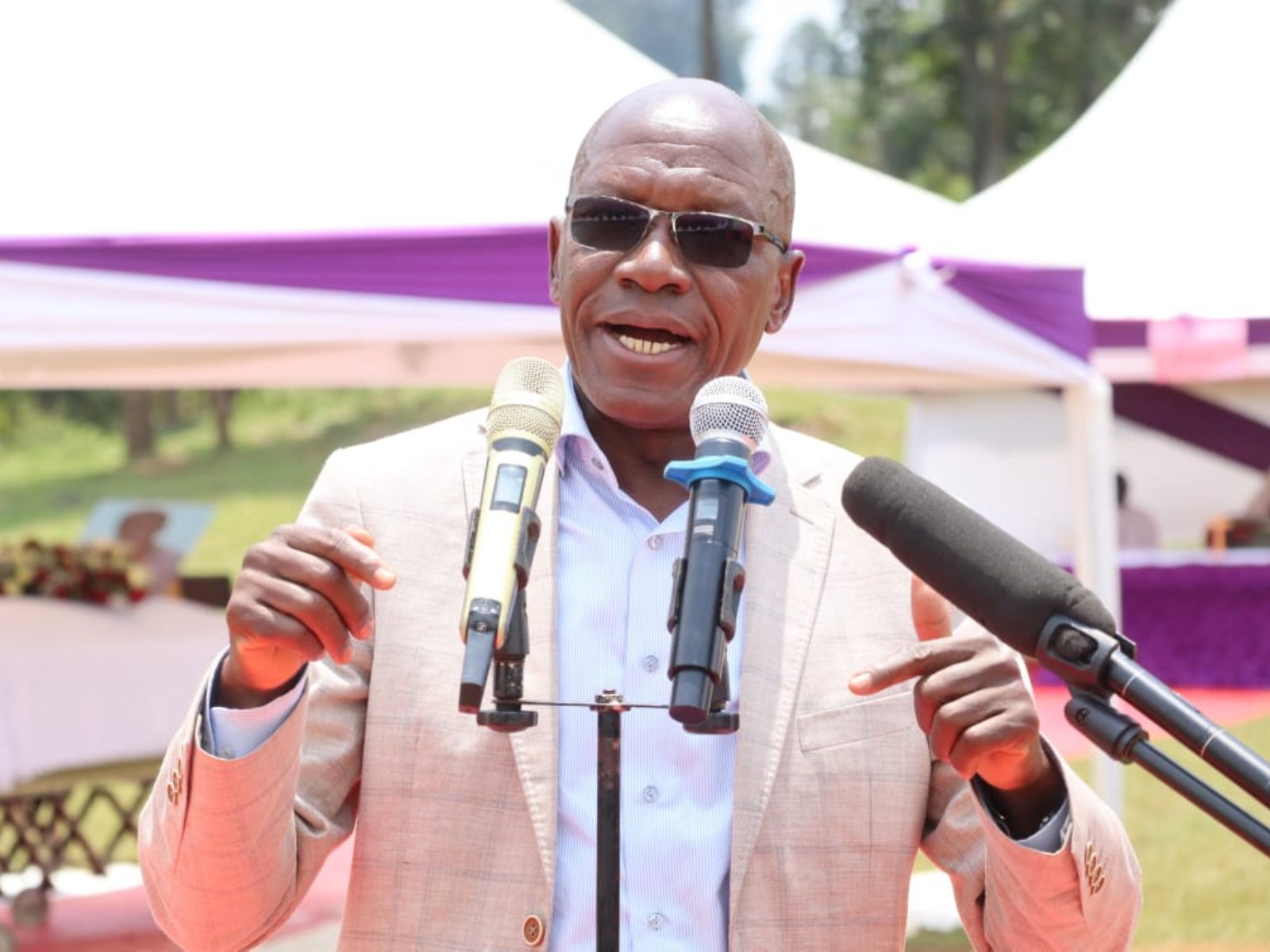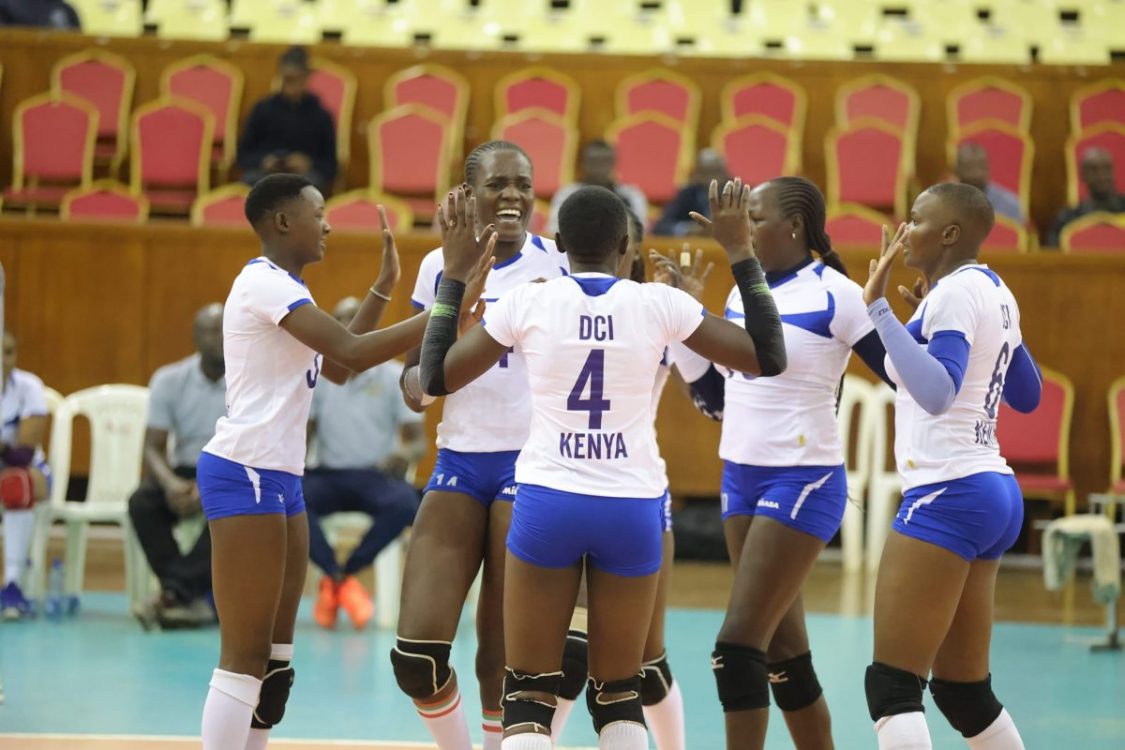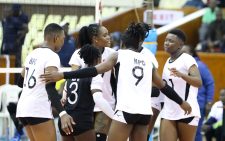Inexperience, mental unpreparedness and poor game management expose Rising Stars in Egypt
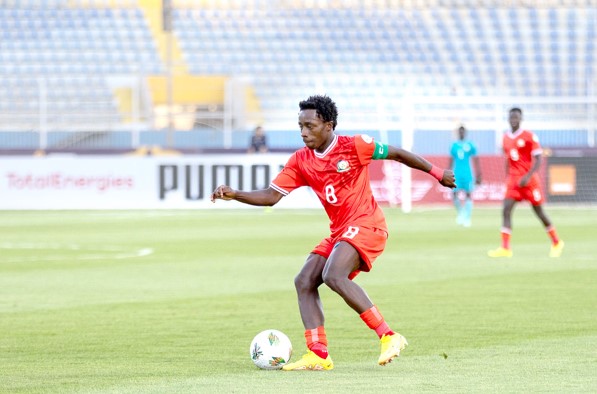
Kenya national team Under-20 assistant coach Anthony Akhulia has detailed the reasons why the team failed to progress past the group stage at the TotalEnergies CAF U-20 Africa Cup of Nations (AFCON) in Egypt.
The Rising Stars, who were making their first appearance at this stage of the Confederation of African Football (CAF) competition, were drawn in Group B alongside seven-time champions Nigeria, Morocco, and Tunisia.
The East African nation, under coach Salim Babu and his assistant Akhulia, kicked off their campaign with a 3-2 defeat against Morocco, before losing 3-1 to Tunisia and holding Nigeria to a 2-2 draw in their final group fixture.
Out of the three group matches, Kenya, who qualified for the tournament by finishing runners-up at the CECAFA U-20 qualifiers, going unbeaten throughout the competition and showcasing their attacking flair with 14 goals scored and just one conceded—were the first to score in each, but could not protect their lead.
Pressure issue
According to Akhulia, Kenya were undone in the three matches because they could not play under pressure and protect their lead on many occasions.
“As much as we moved to camp and prepared for the tournament for more than two months, we reached Egypt and noticed that any slight mistake you commit gets punished, and this is a very different level of football,” Akhulia told Flashscore.
“Again, there was VAR. We committed mistakes thinking that they were not mistakes from our point of view, but when reviewed, they became mistakes and we got punished. So, I think we have learnt a lot as coaches, and the players have also picked up vital lessons from the tournament. There are things we take for granted, but when you reach a high level of football, it becomes a different ball game.”
Akhulia shed more light on where Kenya needs to improve in preparation for future assignments. “First, we need to improve mentally, especially our players. You saw how we played when we were leading 1-0, and then we couldn’t cope under pressure. Every moment we were put under pressure, we succumbed and conceded.
“We really need to have a strong mentality in terms of how we play and how we manage ourselves. We must also improve on game management because we exited the tournament due to our inability to manage matches. We had moments when we were leading, but what did we need to do to hold that lead? If you look keenly, both Morocco and Tunisia overpowered us because of that—our inability to manage the game.”
Youth football’s investment
On his part, Football Kenya Federation (FKF) President Hussein Mohammed believes that without putting more emphasis on youth football by investing in the game, Kenya will not be able to reach the level of their opponents at the tournament.
“What has come out here is experience. We need more experience to play in such tournaments; we need more experience to be able to perform on these big stages,” said Mohammed.
“Another thing I have to talk about is investment in football. Some of the countries we played against in the tournament have invested in football over a very long period. They have the right infrastructure, they have academies, and many of their players play professional football, both outside and within the continent, from a very early stage.
“So that investment in building the foundation and developing the sport right from school and youth levels clearly pays off in the end.”
Mohammed continued: “That is where we need to put more focus. Our legacy will be what we can do with the U-15 and U-17 teams. In the next five to seven years, those could be the national teams to watch out for.
“Having said that, we must continue to invest consistently. We must put in place good governance structures and quality coaching systems. We must build capacity for our coaches, players, and administrators. The work is cut out for us.”
Superb display
Nigeria coach Eric Chelle heaped praise on Kenya for their superb display in the tournament despite not reaching the quarter-finals.
“I like their transition when they win the ball back. They try to launch fast attacks. They have four players in the offensive line who are very fast and strong, and they can score at any given moment,” said Chelle.
“I think they need to work on their defence, how to position themselves when under attack—because they make many runs and at big moments, they are a little bit tired.”
Giving his thoughts on the Kenya versus Flying Eagles game, the Malian coach said: “Against Nigeria, it was a great game, very interesting, and I was impressed by Kenya. But I am not surprised because the national team has been improving every day. I watch a lot of matches involving the Kenya national team, so their display at AFCON is not a surprise.”
Kenya, who managed five goals and conceded eight, finished last in Group B with one point, while Morocco topped the group with seven points to qualify for the quarters alongside Nigeria, who finished second with five points.


